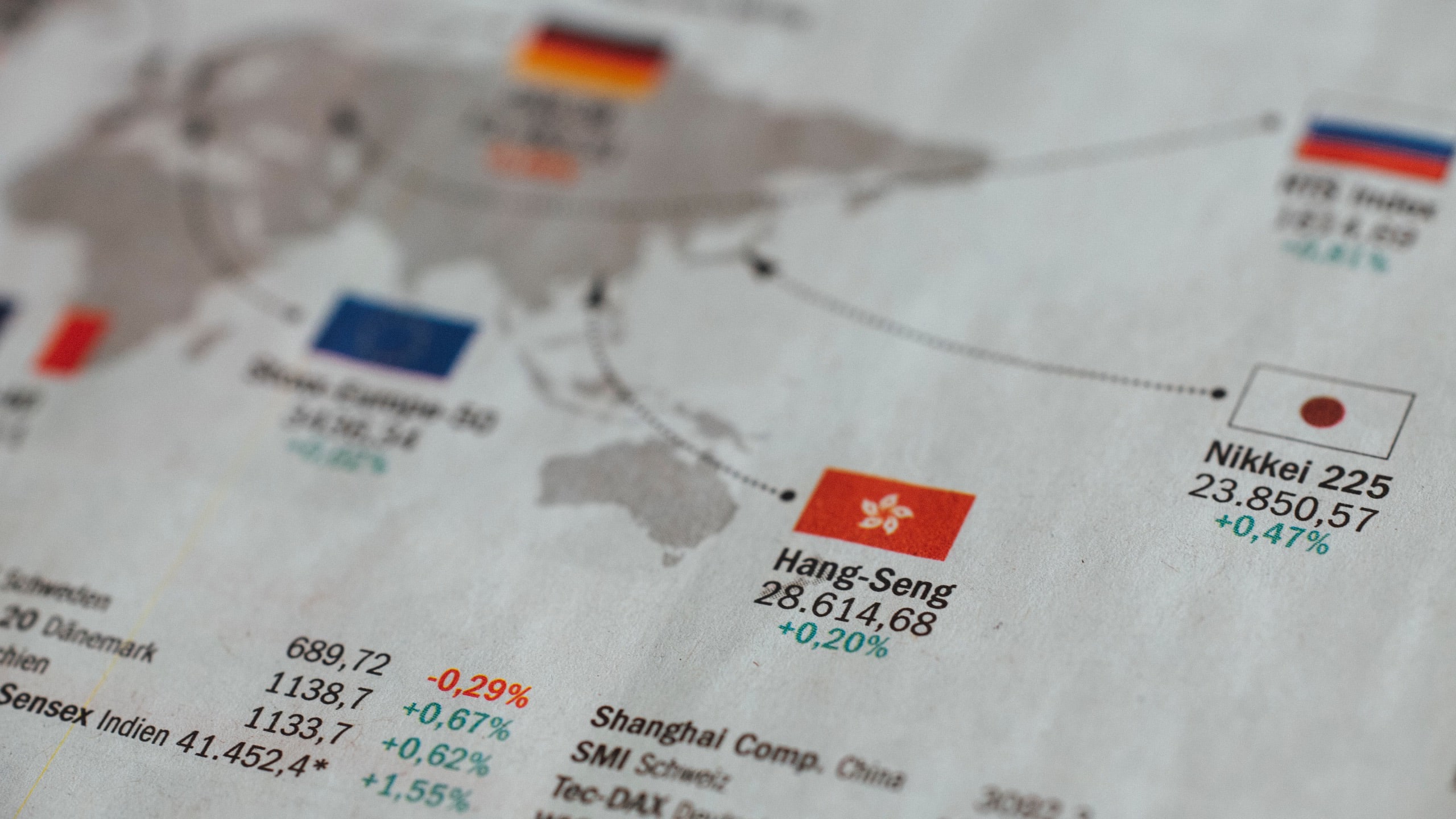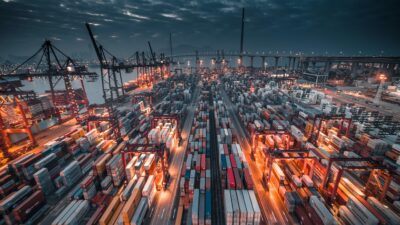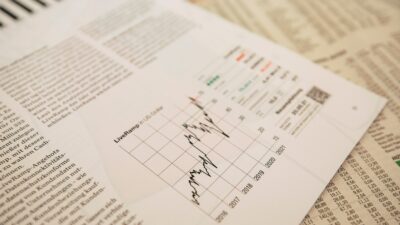
Foreign investment during a pandemic – friend or foe?
The COVID-19 pandemic is taking a heavy toll on human lives and threatens business survival worldwide. Foreign investors incur additional risks including being seen as opportunistic when local businesses are suffering through no fault of their own.
Uncertain times breed suspicion of outsiders – and foreign investors are a special external class who can be seen as opportunistic or even threatening to national interests during COVID-19.
Already we have seen governments restricting foreign investment in the interests of sovereign interests – in some instances overnight.
In March Australia announced a new threshold level of AUD $0 for scrutiny of foreign investment, applicable immediately.
The Japanese government banned foreign investment in medicine for the duration of the pandemic. Japanese firms will also receive government assistance to bring overseas production back onshore.
But it is also the case that all investors are likely to see more businesses and assets for sale in the wake of the pandemic. While some firms sitting on abundant cash enjoy access to more deals, they may face increasing competition from sovereign wealth funds and private equities.
Foreign investors increase their chances of a friendly reception if they are able to offer at least one of the following: critical lifeline funds, enabling firms to keep key assets and talents: solutions for transformation and employee development: or if they can create supply chain synergies, consolidating and diversifying production lines and consumer markets
I have identified five triggers for host countries to treat foreign investors as unwelcome foes: opportunistic buyers preying on firms with liquidity issues and undervalued stocks, or a buyer pushing for better bargains against distressed firms through attrition: investors aiming to increase market power by purchasing and integrating erstwhile competitors: offers with no long-term business solutions for the targeted firm: if the proposal came with a high integration cost of making existing employees redundant. And finally, those considered by the host government to be a threat to key local players in domestic industry.
The liability of foreignness becomes more prominent during the crisis where negative public sentiment over foreign investors prevails. Pandemic fallouts, such as closed borders and grounded flights, create an unprecedented “global disintegration” and has extensive impact on individuals, firms, industries and countries alike.
Foreign investment during the pandemic
Foreign investors are likely to witness more businesses and assets for sale in the in the wake of the pandemic. While some firms sitting on abundant cash enjoy access to more deals, they may face increasing competition from sovereign wealth funds and private equities. Some firms may have to withdraw from existing mergers and acquisitions (M&As) due to difficulties in negotiations and transactions, especially those from countries showing no sign of recovery from the pandemic, as well as the ones needing to prioritize the stability of existing portfolios.
For host country investees, the pandemic may aggravate the bargaining position of firms relying on M&A to survive. Firms suffering from turmoil in the stock market would face more discounted valuations and difficulties in gaining support from shareholders. In contrast, firms experiencing a quick rebound in market demand and those who can transform quickly would have less trouble bargaining. Firms enjoying a longer business cycle and relying more on annuity income are likely to have time to buffer. Firms with the leeway of alternative solutions, such as pricing adjustments, would have more flexibility to land a deal. Bargaining chips such as intellectual property rights, talents and niche assets will help those firms in possession of such.
For both investors and investees, the negotiation and implementation of a foreign investment deal are likely to take longer. Re-calculations of financial projections need to go beyond historical financial information and business model assumptions. Cancellations of face-to-face meetings slow down negotiations. Pauses in international travel delay due diligence. Closures of government agencies stop notarization and documentation procedures. Re-negotiations of terms where Force Majeure conditions occur, require a more flexible timeline. Re-designs of insurance coverage need more proactive planning.
Foreign investment beyond the pandemic
Foreign investors will continue to face uncertainties in the process of negotiation or transaction of foreign investments beyond the pandemic. Out of concerns over national interests and public sentiments, governments have promulgated and implemented new regulations on foreign investment overnight. As a result, foreign investors face more barriers from new red tape or thresholds. Besides, foreign investors also face challenges from managing employees working remotely. Some of the changes in formal and informal institutions are likely to become the “new normal” in the future
| Levels of changes | Impact on foreign investors | Examples |
|---|---|---|
| Country – level | Slowed internationalisation process | Australian government included all foreign investments under review and extended the application deadlines for M&As during the pandemic |
| Increased liability of foreignness | Indian government revised FDI policy during the pandemic, requiring investment from all neighbouring countries to seek approval | |
| Raised barrier for market entry | Japanese government formed plans to prevent foreign investment in medicine during the pandemic | |
| Less competitive advantage | French government provided bailout funds to national champion firms; Japanese government provided special loans and guarantees to local firms | |
| Reduced bargaining power | Canadian government released measures to reduce possible layoffs, likely to discourage redundancy from restructuring during M&As | |
| Industry – level | Raised barrier for market entry | Malaysian government promoted mergers among local airlines to consolidate balance sheets, share resources and reorganise operations |
| Forced re-location choice | Japan government earmarked financial support during the pandemic for Japanese firms to shift overseas production lines back home due to the disruption in the supply chain | |
| Firm – level | Slowed internationalisation process | Changes in boilerplates of contracts (e.g. re-design the material adverse change clause to reflect and ameliorate risk allocations between signing parties) |
| Individual – level | Increased physical and psychological distance among employees | Permanently work from home would become an “office culture” (e.g. Facebook) |
The indefinite closure of physical borders will push foreign investors to re-consider vertical integration to control supply and distribution networks. The assumptions of comparative advantages of players within global value chains (GVCs) are challenged now that sentiments of national interests are gaining momentum. With the assistance of technology and the trend of remote working, some manufacturers have started to backshore production to home country.
Foreign investment, friend or foe?
I have identified five triggers for host countries to treat foreign investors as unwelcome foes: opportunistic buyers preying on firms with liquidity issues and undervalued stocks, or a buyer pushing for better bargains against distressed firms through attrition: investors aiming to increase market power by purchasing and integrating erstwhile competitors: offers with no long-term business solutions for the targeted firm: if the proposal came with a high integration cost of making existing employees redundant. And finally, those considered by the host government to be a threat to key local players in domestic industry.
Foreign investors increase their chances of a friendly reception if they are able to offer at least one of the following: critical lifeline funds, enabling firms to keep key assets and talents: solutions for transformation and employee development: or if they can create supply chain synergies, consolidating and diversifying production lines and consumer markets.
The pandemic creates uncertainties interplaying at multiple levels for foreign investors. It poses an unforeseen circumstance for foreign investors’ deal making process. Lockdown measures are temporary, yet the impact of institutional changes will last. When the dust settles, some foreign investors may find the global value chain where they sit is permanently changed.
This is part of a series of insights related to Coronavirus (COVID-19) and its impact on business.
Image: Markus Spiske
Juan is a PhD candidate and a Business School Research Scholarship holder at the University of Sydney. Her research focusses on international business and public policy.
Share
We believe in open and honest access to knowledge. We use a Creative Commons Attribution NoDerivatives licence for our articles and podcasts, so you can republish them for free, online or in print.







